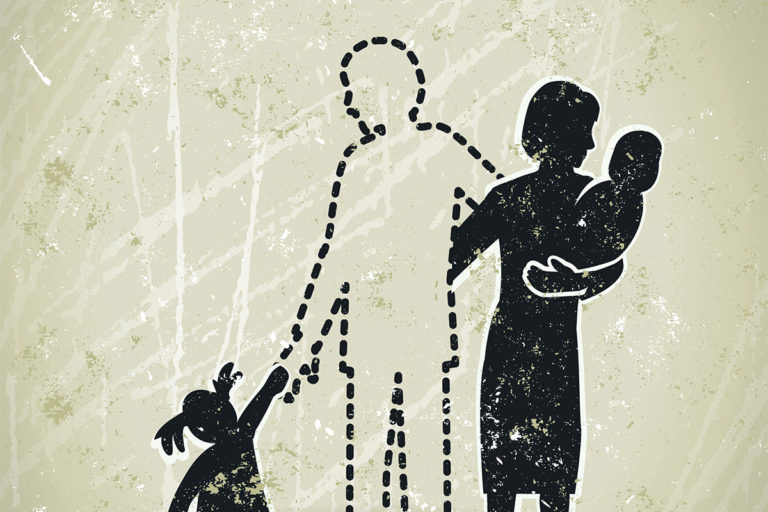August 23rd, 2019
Not So Golden Years: FAQs About Divorce in Your 50s and Beyond
Posted in: Family Law Tagged: Kathryn E. Deckert
Author: Kathryn E. Deckert

Your kids are finally out of the house. You are on the verge of retirement. You are looking forward to your golden years.
The big decisions that come with this next step in life sometimes take a direction you were not expecting and you are also facing the prospect of divorce. What do you do? How do you handle the breakup of a marriage after 30 years and what will happen to you and your assets?
Unfortunately as the divorce rate for individuals over 50 is steadily increasing, this dilemma is all too common. In fact, baby boomers are now divorcing at higher rates than other age groups. However, the difference between divorcing in your 30s vs. divorcing in your 50s is significant as there are different financial implications when you divorce later in life. Therefore, before proceeding with a “gray divorce,” it is best to consult with an attorney to ensure that you have considered all the long-term issues that apply to divorces later in life.
Specifically, some of the unique considerations you will want to think about are:
- Retirement: You will need to consider how you want your retirement assets to get divided and what are your options. For example, will your spouse be entitled to part of your pension? Will you have enough retirement savings if you divide your retirement assets? You also need to understand the tax consequences of dividing your retirement assets.
- Alimony: The tax treatment for alimony has changed as of this year and you need to be aware of how this may affect your finances. What happens if you retire, remarry or still have children in college? Will you still be obligated to pay your spouse alimony? You’ll want to consider your current income and any future earnings.
- Insurance (Health and Life): With the ever-changing landscape of health insurance you’ll want to figure out the best way to make sure you are covered for current and future needs. How much will that cost? Will you qualify for Medicare? Can you delay the divorce hearing to prolong your health insurance benefits? What happens to the life insurance policies? It is also confusing to know if you need to maintain any type of life insurance for your spouse if you are paying alimony.
- Social Security: Is your entitlement to Social Security benefits impacted by divorce? Will you receive less Social Security if your spouse claims Social Security based on your earnings record? It is important to know when you can receive spousal Social Security benefits and what happens if you remarry.
- Marital Home: Your home may have both sentimental and financial attachment for you. You will want to know if you can afford to buy your spouse out of his/her interest in the home or you may choose to sell the home. If so, can you recoup your non-marital down payment for the home? How will the costs of preparing the home for sale be divided?
- Long-Term Care: You will want to do some long-term planning before the divorce. Depending on your current plan you may need to reconsider who will care for you as you grow older. What are the costs of long-term care and do you have the resources to cover them in place?
- Estate Planning: If you have an estate plan you will want to think about what changes to make, when to make them and the long term impact of those changes. For example, do you need to change your beneficiary designations, health care directives and powers of attorney? If you do not have an estate plan, you’ll need to figure how that will enter into your divorce as well.
- If You Remarry: If you remarry, what impact will it have on your alimony and/or any of the important questions above? You will want to consider your past and current spouses when thinking about a pre-nuptial agreement and updates to your estate plan.
With so many questions, deciding whether to get divorced later in life is a difficult decision. There are many unique issues and practical considerations that exist for people at this stage of their lives. Therefore, it is important to discuss them with an experienced family law attorney that can advise you of the potential implications and how to best prepare and proceed forward.
Kathryn Deckert is a Principal in the Family Law department at Stein Sperling. She is passionate about guiding clients through what are often challenging, emotionally fraught cases. Kathryn focuses her practice on issues related to divorce, child custody and support, domestic violence and pre- and post-nuptial agreements.







